Blueridge Vista Health and Wellness
Overview
Blueridge Vista Health and Wellness is an mental health treatment center that provides inpatient and outpatient treatment for men between 18 and 65+ years of age. As part of their special programs, Blueridge Vista Health and Wellness treats clients with co-occurring mental and substance use disorders, members of military families, and criminal justice (other than dui/dwi)/forensic clients. To help patients achieve sobriety, Blueridge Vista Health and Wellness provides intake assessments. Afterward, patients receive group counseling, cognitive behavioral therapy, and integrated mental and substance use disorder treatment during treatment. Blueridge Vista Health and Wellness is located in Cincinnati, Ohio, providing treatment for people in Hamilton County, accepting cash or self-payment, medicaid, and medicare.
Blueridge Vista Health and Wellness at a Glance
Payment Options
- Cash or self-payment
- Medicaid
- Medicare
- State-financed health insurance plan other than Medicaid
- Private health insurance
Assessments
- Screening for tobacco use
- Comprehensive mental health assessment
- Comprehensive substance use assessment
Age Groups
- Seniors or older adults
- Young adults
- Adults
- Seniors
Ancillary Services
- Intensive case management
- Case management service
- Chronic disease/illness management
- Court-ordered outpatient treatment
- Suicide prevention services
Highlights About Blueridge Vista Health and Wellness
6.62/10
With an overall rating of 6.62/10, this facility has following balanced range of services. Alcohol Rehabilitation: 8.00/10, Drug Rehab and Detox: 6.00/10, Insurance and Payments: 6.00/10, Treatment Options: 6.49/10.-
Alcohol Rehabilitation 8.00
-
Treatment Options 6.49
-
Drug Rehab and Detox 6.00
-
Insurance and Payments 6.00
Treatment At Blueridge Vista Health and Wellness
Treatment Conditions
- Alcoholism
- Mental health treatment
- Substance use treatment
- Co-occurring Disorders
Care Levels
- Hospital inpatient/24-hour hospital inpatient
- Outpatient
Treatment Modalities
- Group counseling
- Cognitive behavioral therapy
- Integrated Mental and Substance Use Disorder treatment
- Activity therapy
- Smoking/vaping/tobacco cessation counseling
Ancillary Services
Languages
- Sign language services for the deaf and hard of hearing
Additional Services
- Pharmacotherapies administered during treatment
- Housing services
- HIV testing
Special Programs
- Clients with co-occurring mental and substance use disorders
- Members of military families
- Criminal justice (other than DUI/DWI)/Forensic clients
- Clients with HIV or AIDS
- Clients who have experienced trauma
Get Help Now
Common Questions About Blueridge Vista Health and Wellness
Contact Information
Other Facilities in Cincinnati

6.77
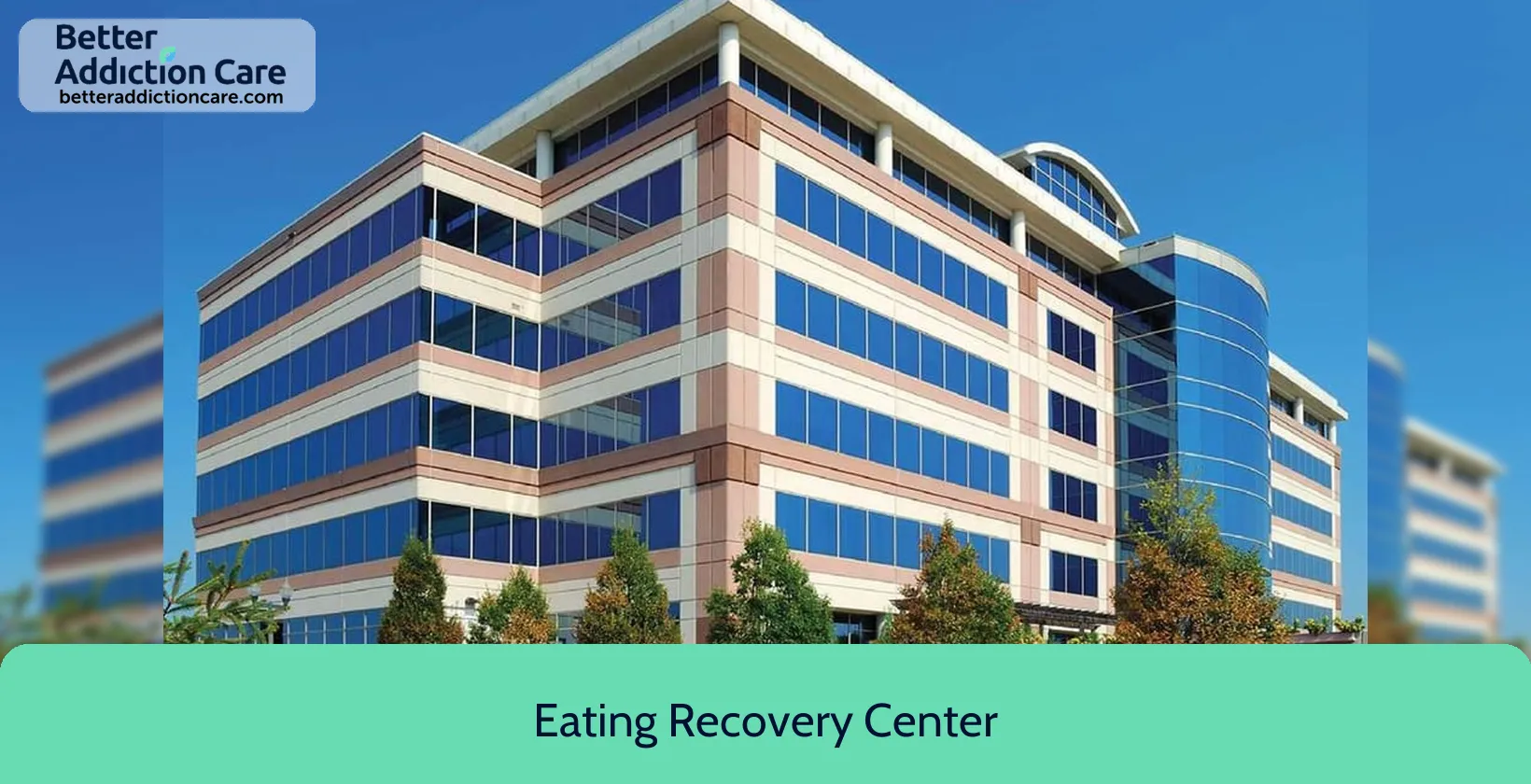
6.68
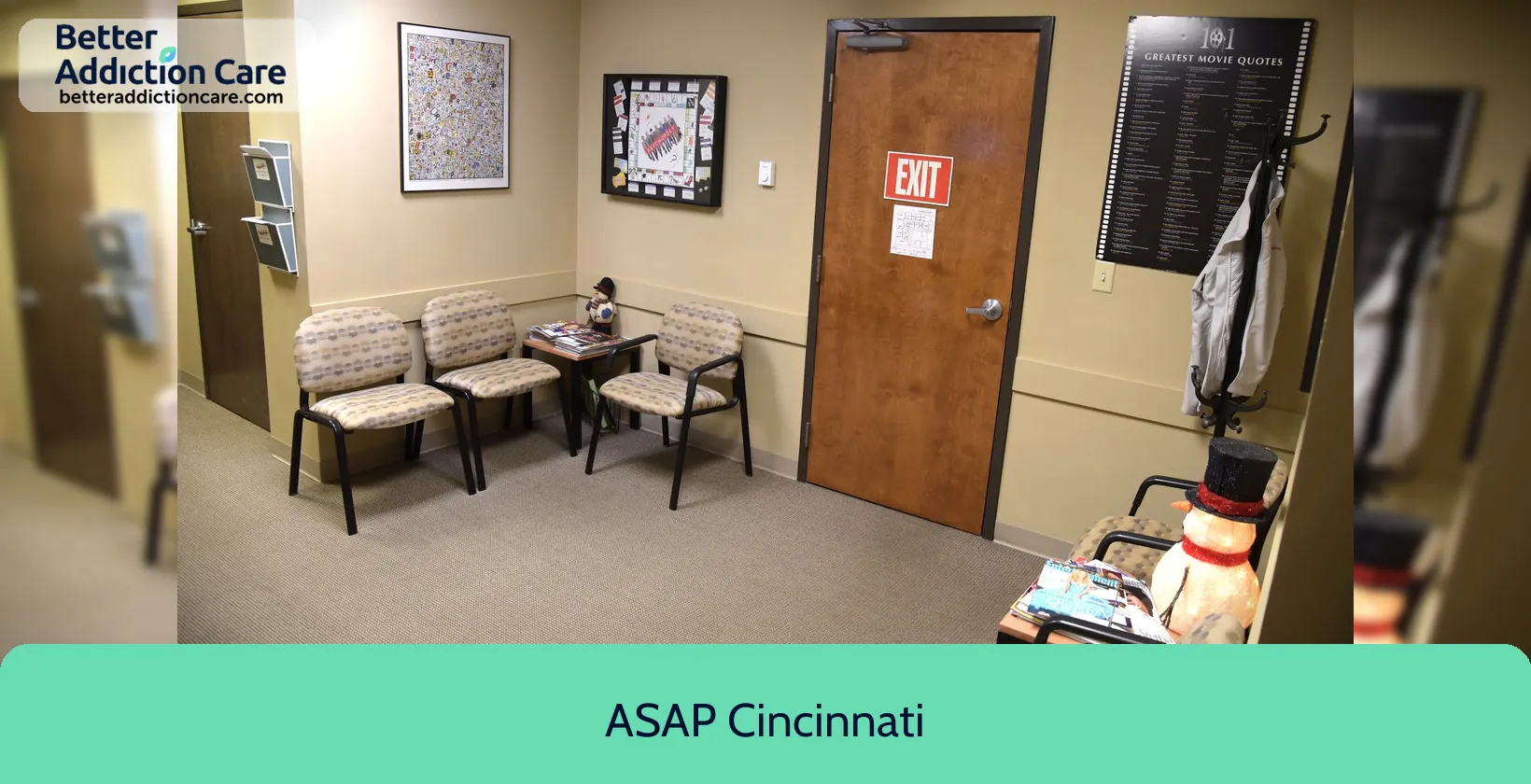
6.89
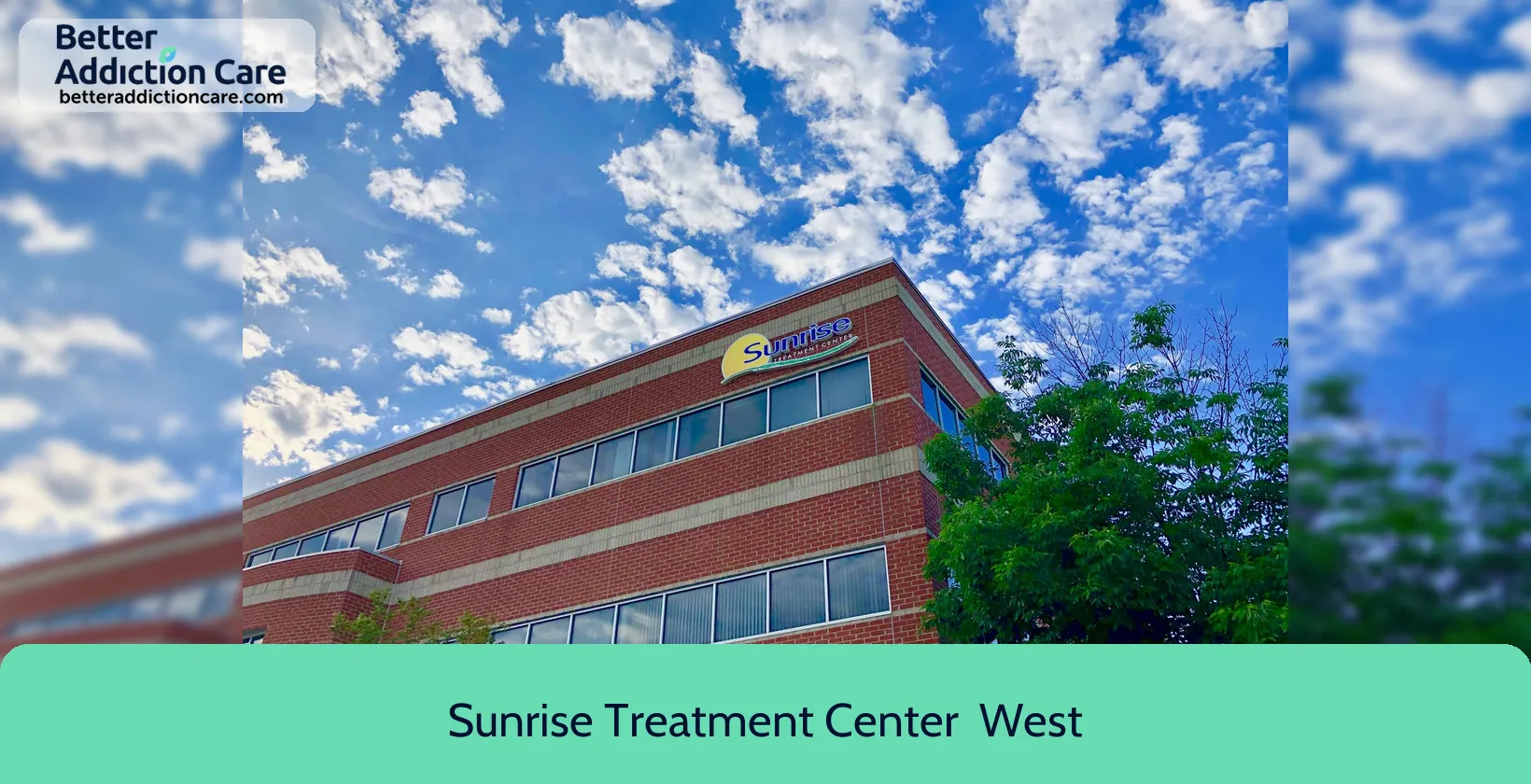
7.48
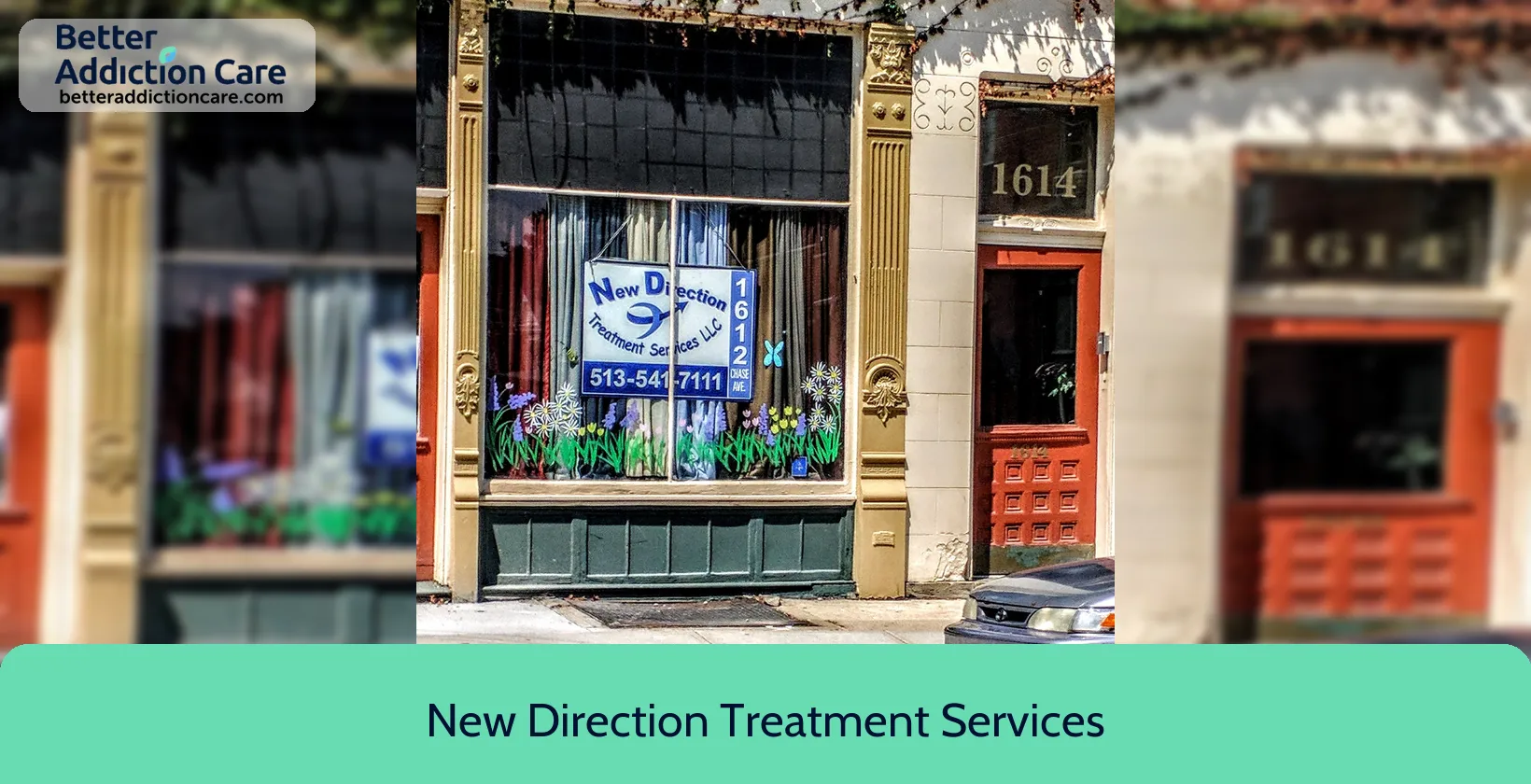
6.94
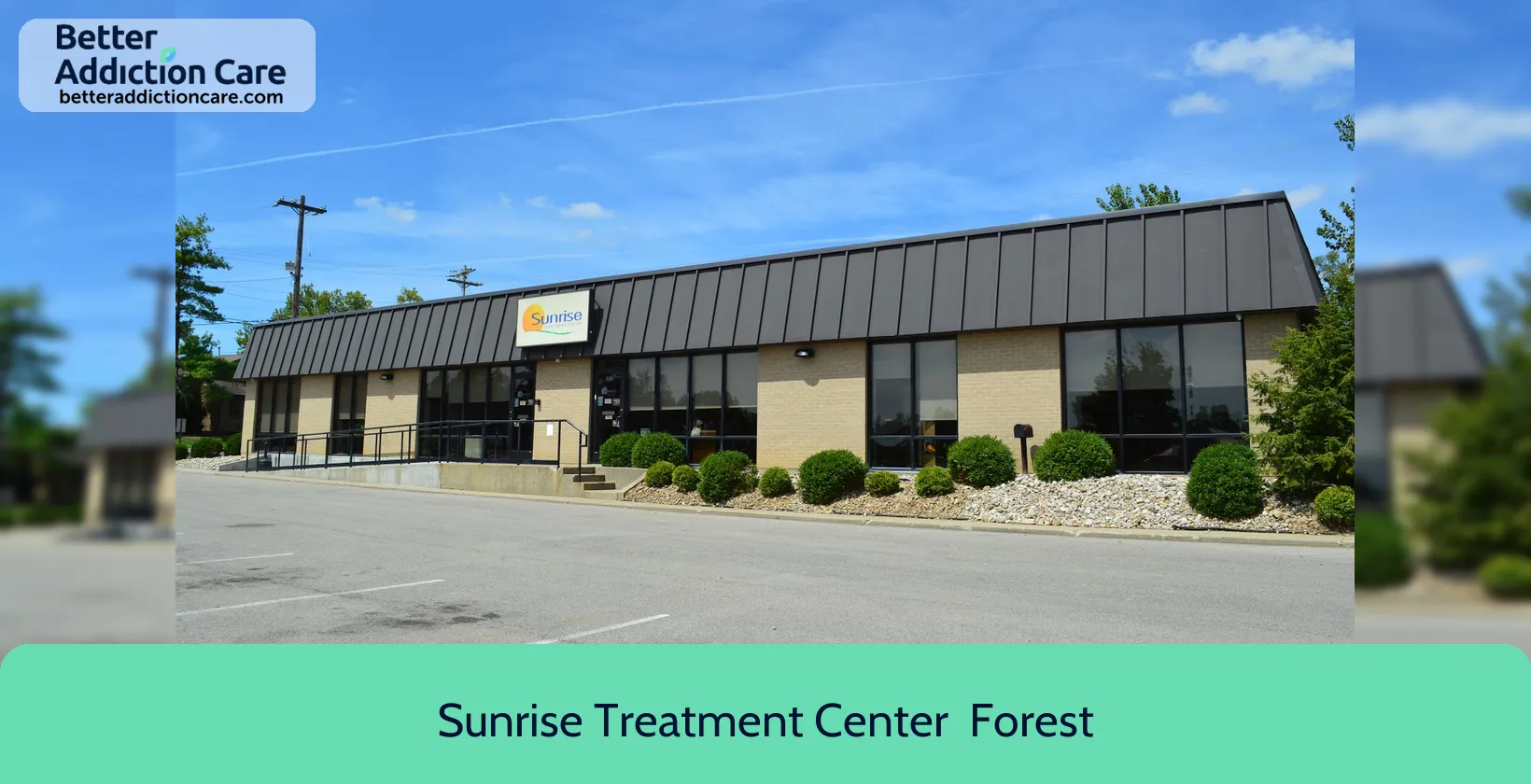
7.48
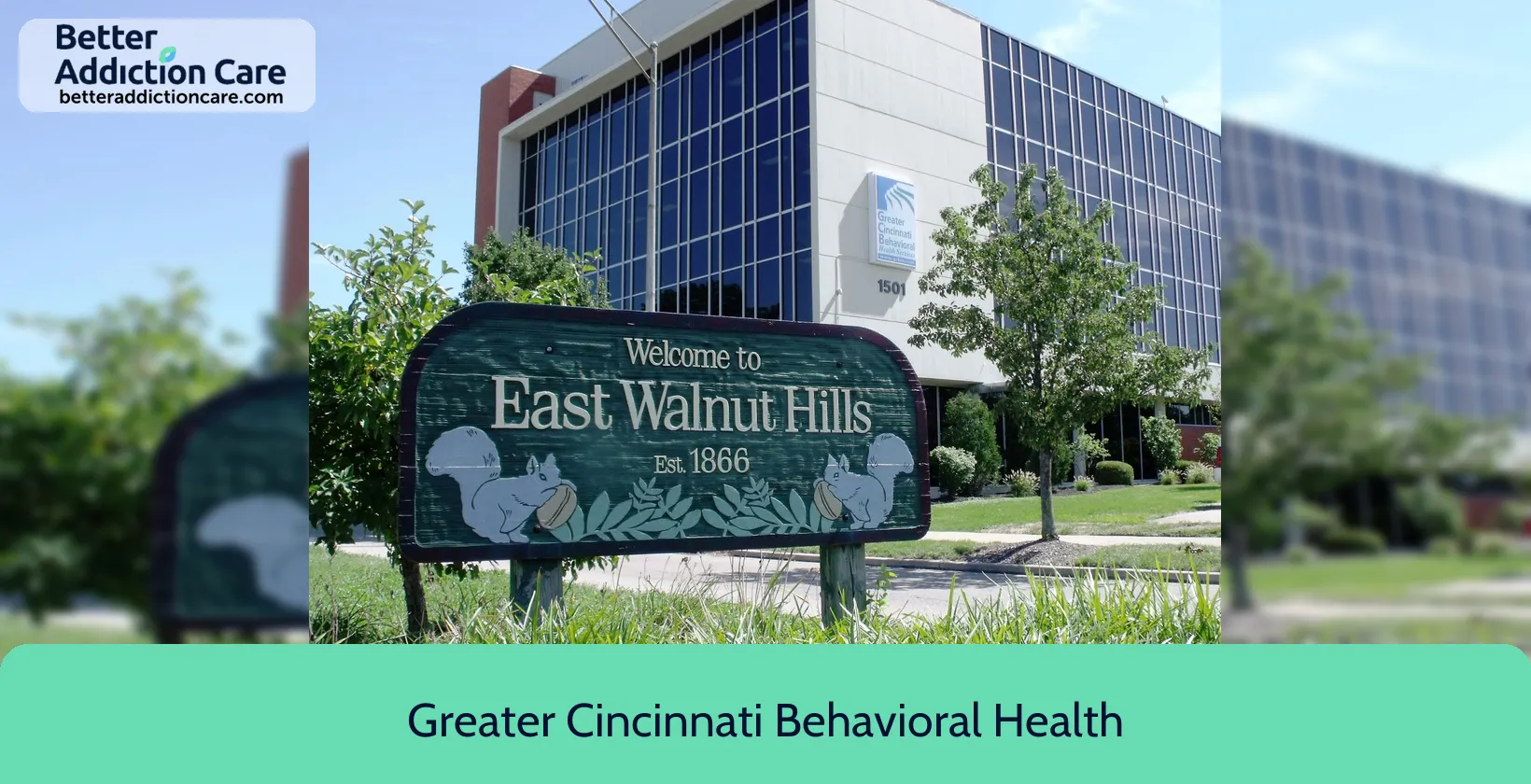
6.65
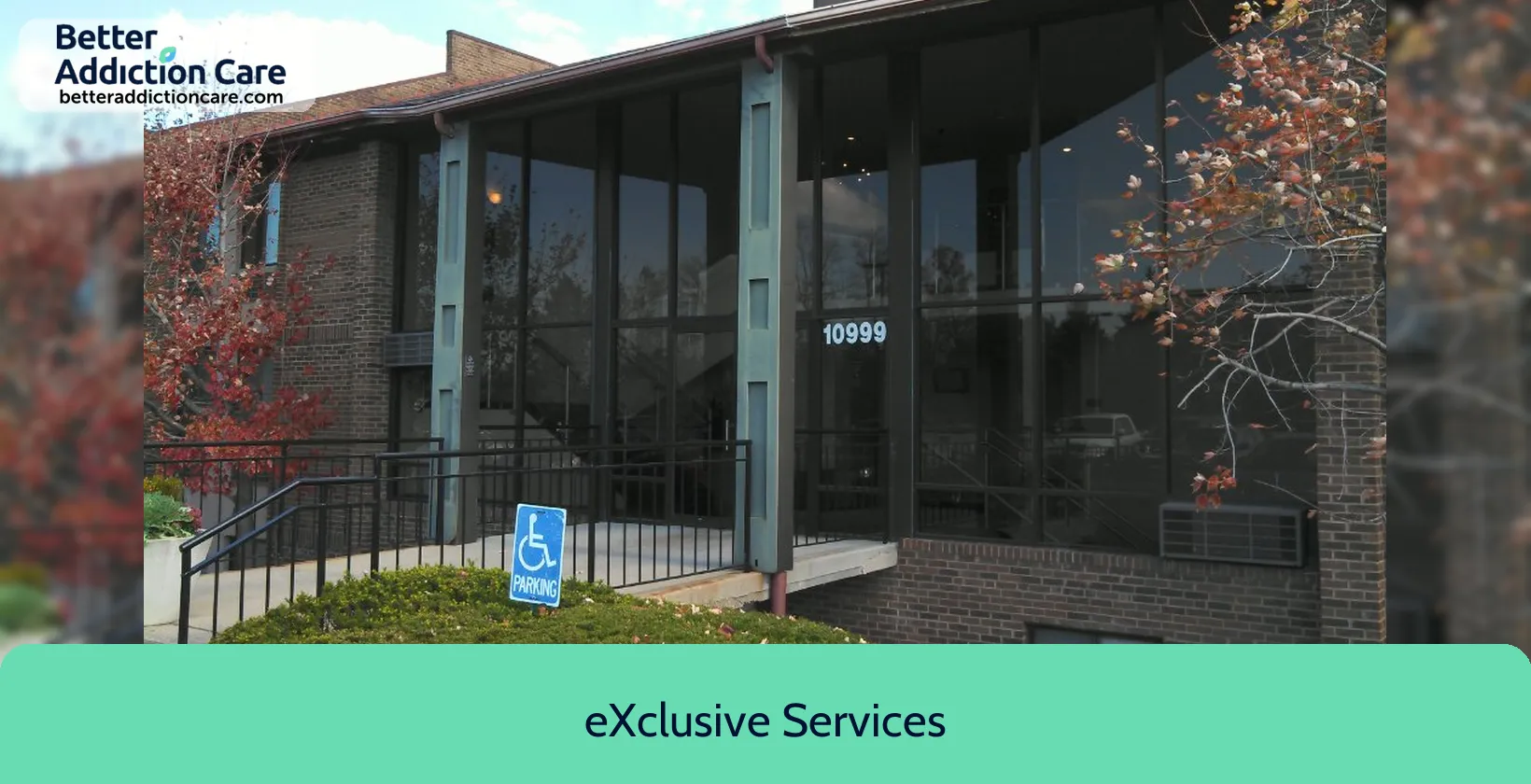
7.68
DISCLAIMER: The facility name, logo and brand are the property and registered trademarks of eXclusive Services, and are being used for identification and informational purposes only. Use of these names, logos and brands shall not imply endorsement. BetterAddictionCare.com is not affiliated with or sponsored by eXclusive Services.










